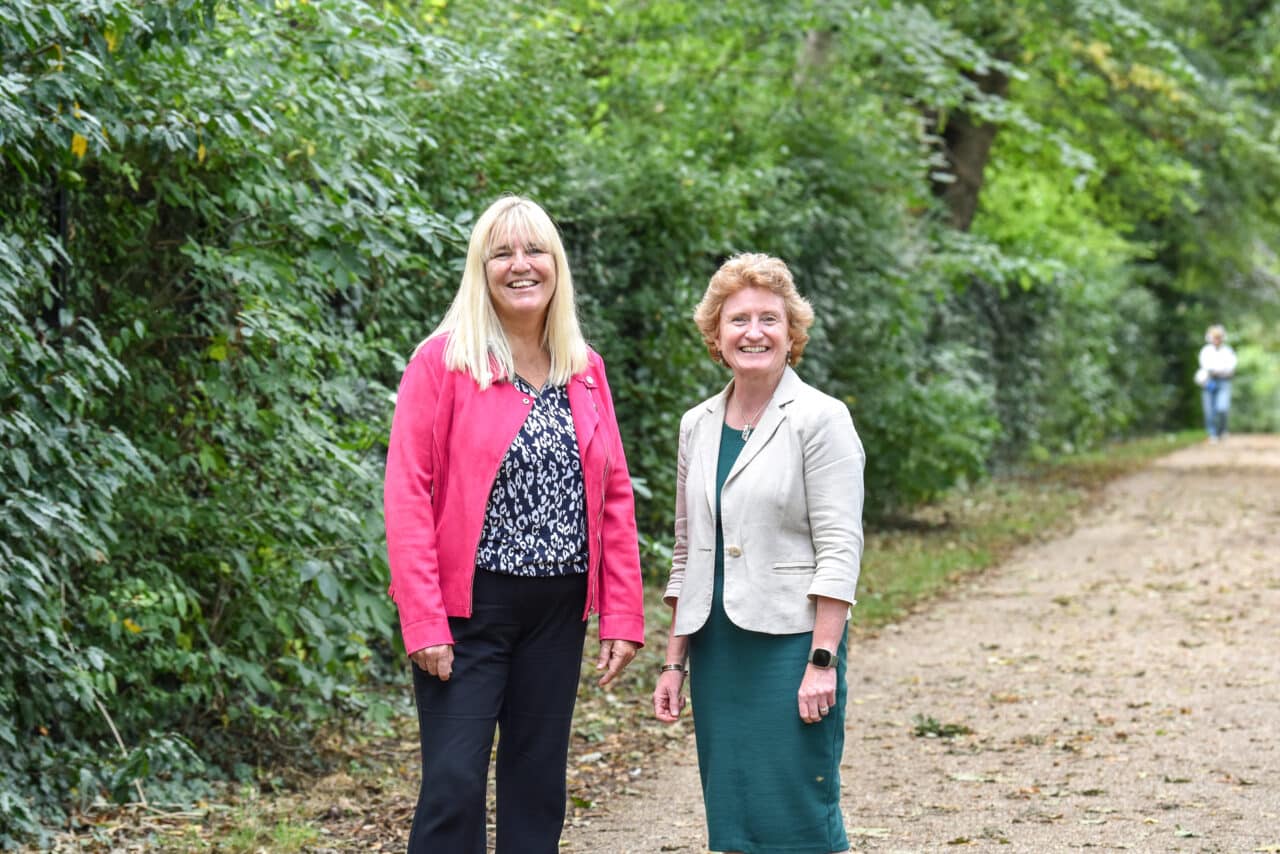Learning for the love of it
In a world where we are all too often judged by proof of what we know, by way of a qualification or an exam result, it can be difficult to divert your time to something for which there is nothing tangible to show. When we are young, in particular, the pressure and competition can be immense: take exams, excel, get the grades to go to university, get the degree. There’s a risk of dismissing anything which takes away time but doesn’t ‘count’. We so often see older girls at school considering dropping the extra-curricular activities they adored when they were younger to focus more on their studies. That’s all well and good – everyone wants to do themselves justice in public examinations and it is important not to overload yourself – but it can lead to a disappointingly narrow experience.
Just over a year ago, my Head of Modern Languages had a first, tentative conversation with the Korean Education Centre about starting a Korean club at Headington. Why Korean? It might not seem like an obvious choice if we are looking at measurable outcomes. There was no intention of offering a qualification and indeed there are currently no GCSE courses in the language available. It is considered to be one of the most difficult foreign languages to learn for English speakers and while somewhere in the region of 80 million people are native speakers, virtually all of them live in North or South Korea and it is not commonly spoken as a second language. Currently, there is only one Korean pupil at our school, so it is not the case that learning the language would suddenly allow easier communication with significant numbers of other students in their own language. And yet, I could not have been more delighted when the centre agreed to start the club last February.
From the outset, we had an impressive 30 girls keen to learn Korean. They spanned all ages, from U3 to U6, and have been committed to learning the language purely for learning’s sake. So popular has the club been that this year, we introduced a second course, allowing those who started learning the language to continue with an ‘intermediate’ course and a new cohort of beginners to start their studies from scratch.
With the increasing popularity of K-Pop and Korean television series on streaming platforms such as Netflix, there was a real eagerness and enthusiasm to understand some of what the girls were hearing through popular culture. While the statistics say learning Korean could be more than merely challenging for English speakers, most of our students had no experience of learning an Asian language. This allowed them to enter the experience without prejudice and gave them a chance to get involved with something really quite unfamiliar and to fully embrace learning a language rarely taught in the UK. And for those of our students who are native Chinese speakers, it was a different challenge, allowing them to broaden their knowledge of a ‘sister’ language.
Did I join them, diligently practising my Hangul characters and swotting up on vowel sounds? I must confess I have watched smiling from a distance. I am not a natural linguist. Despite owning a property in France and spending much of my free time away from Headington there, I have never achieved anything approaching fluency and I think the phrase ‘schoolgirl French’ is probably generous! Several years I have made it my resolution to improve my French but while I can confidently order building materials or food and drink I struggle with more involved interactions. It’s never going to be something I personally do for the love of it (although I do love the sound of many languages and, if I had a better ear, would relish the opportunity to get to grips with, for instance, Italian). Despite my linguistic shortcomings, I can very clearly see the huge benefits to learning and speaking a language.
Despite our island status, we are in many ways an insular nation. Yes, there are many different languages spoken (recent estimates suggest more than 300 and we have more than 50 spoken here at Headington). But the fact that the lingua franca of the world is English (it is the second language of no less than 55 countries) makes us lazy. The dominance of English in media, film and even business does little to encourage us to broaden our horizons and learn new languages when those we meet will invariably speak English better than any second language we attempt to master. Only 38 per cent of us speak a second language (with the most popular being French – our nearest geographical neighbours) which puts us below countries like Germany, where around two thirds of the population speak two or more languages, and far below the likes of Indonesia where the vast majority speak at least two languages. And when you consider that 43 per cent of the entire world is bilingual, speaking two languages with full fluency,and a further 17 per cent multilingual, our results are downright disrespectful.
This is why it is so delightful to see girls choosing to spend their own time broadening their horizons in this way. Learning languages of all kinds helps you understand the different ways in which we communicate with each other. It can also help develop the skills to pick up further foreign tongues in future – and gain an understanding of what it means to speak multiple languages. We want our girls to be confident communicators and this kind of knowledge and experience will doubtless help with that – all the while learning about and embracing cultures with which they are less familiar. Whether or not they continue speaking Korean or use the interest sparked to learn more about the countries where it is spoken, they will have taken something away from the experience. No certificate required.



